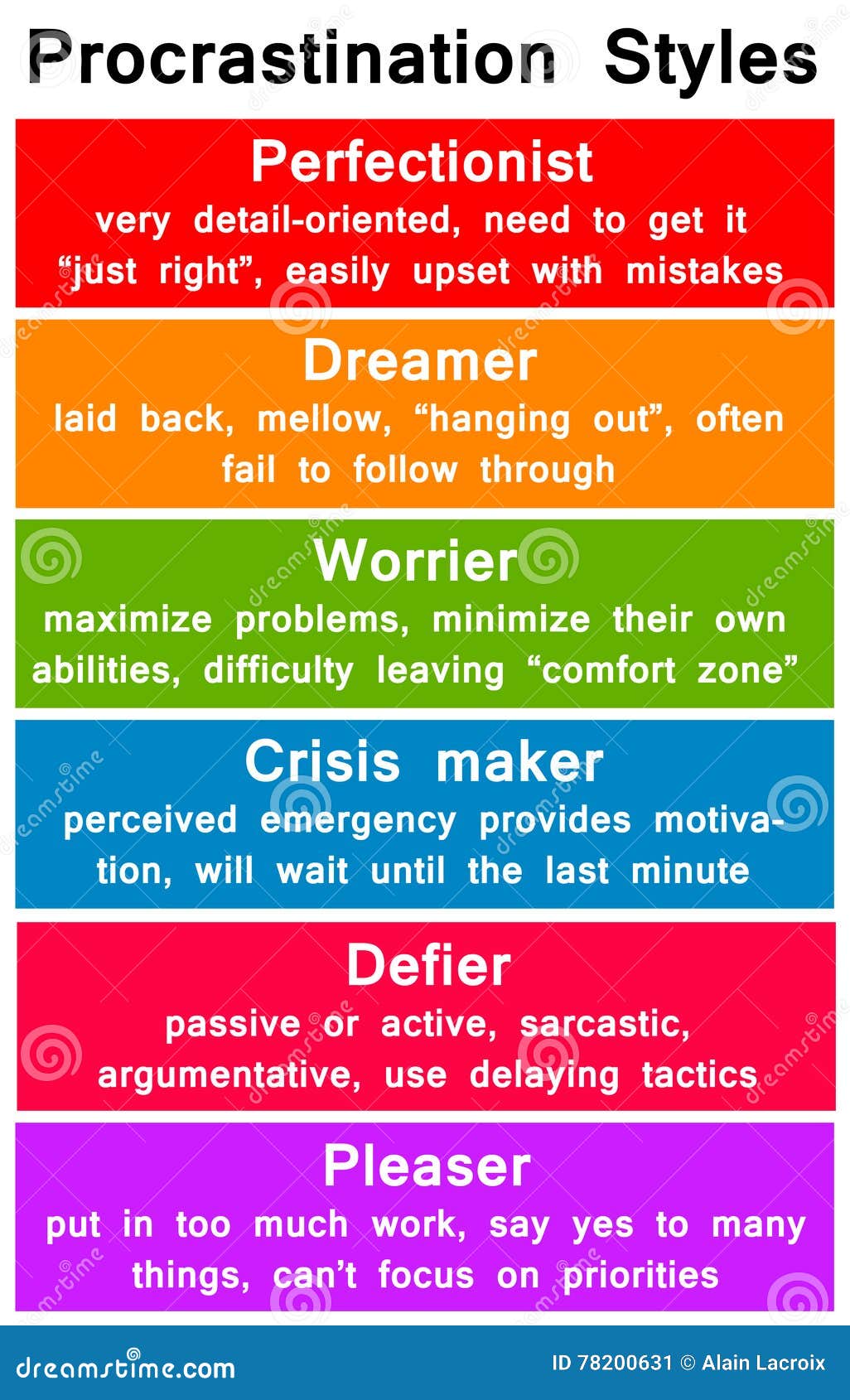Understanding the Cognitive Basis of Procrastination, Emotional Dependency, and Impostor Syndrome
Understanding the Cognitive Basis of Procrastination, Emotional Dependency, and Impostor Syndrome
Blog Article
In today's fast-paced world, many individuals struggle with mental and emotional challenges that affect their daily lives. Among these, procrastination, emotional dependency, and síndrome do imposto impostor syndrome are some of the most common challenges. But how can we overcome them?
In this guide, we will dive into the causes and solutions these three challenges. By understanding their impact and learning to manage them effectively, you can take control of your life.
What is Procrastination?
Procrastination refers to postponing important activities despite knowing their importance. This behavior is frequently linked to emotional or psychological factors, such as anxiety or self-doubt.

When procrastination takes over, can sindrome.do.impostor be far-reaching. To combat procrastination requires developing better habits and breaking tasks into smaller steps. Consider techniques like the Pomodoro Technique or focusing on time-bound goals to stay on track.
The Nature of Emotional Dependency
Emotional dependency is a state where a person depends excessively on external relationships to fulfill their emotional needs. Although relationships are fundamental, emotional dependency turns detrimental when it leads to a lack of independence.

Common signs of emotional dependency include a fear of rejection, difficulty making decisions independently, and constant seeking of external approval. To overcome emotional dependency, it’s crucial to build self-confidence and cultivate self-reliance. Engaging in personal development activities and professional guidance can be helpful tools.
What is Impostor Syndrome?
Impostor syndrome refers to a psychological phenomenon where individuals doubt their accomplishments despite evident success. Those affected tend to undermine their abilities rather than skill or effort.

Impostor syndrome often results in anxiety, self-doubt, and hesitation to pursue new opportunities. To overcome impostor syndrome involves reframing negative thoughts and acknowledging personal successes. Engaging in supportive discussions and embracing self-compassion can also help you build confidence.
How to Address These Challenges?
Here are some practical steps:
- Create a routine to combat procrastination and set achievable goals.
- Recognize triggers that contribute to your emotional reliance and foster personal resilience.
- Acknowledge your strengths regularly and seek professional guidance if needed.
Consistency is key, so keep practicing these methods to achieve lasting transformation.
Moving Forward from Mental Barriers
These challenges can feel overwhelming, but they are manageable with the right strategies. By understanding their roots and applying effective techniques, you pave the way for a healthier, more fulfilling life.
Take the first step by recognizing these patterns in your life and implementing small but meaningful changes. Always keep in mind: progress is a journey, not a destination.
Report this page